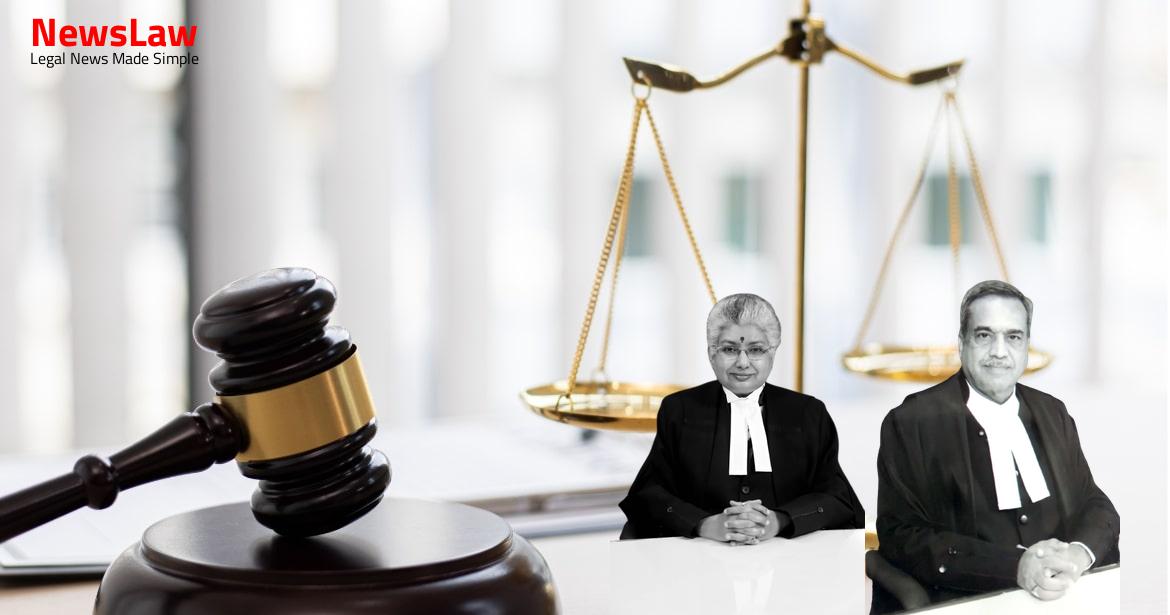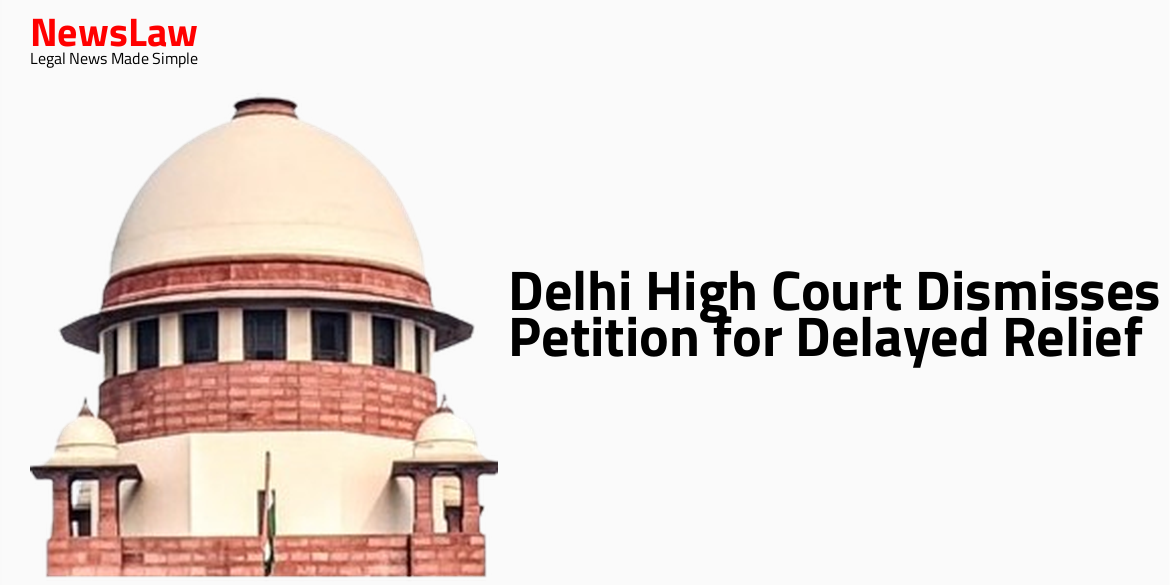Explore the detailed legal examination in a recent court judgment regarding the complex interplay between reservation quotas and merit-based recruitment in the context of a recruitment dispute. The court’s analysis delves into the proper procedure for adjusting candidates from reserved categories who outscore general category candidates, emphasizing the importance of upholding both merit-based selection criteria and reservation policies within the bounds of the law.
Facts
- BSNL filed a writ petition before the High Court against the Tribunal’s judgment and order.
- The High Court dismissed the writ petition and upheld the Tribunal’s decision.
- BSNL relaxed qualifying marks due to poor pass percentage in TTA examination.
- Conflict arose regarding the appointment of candidates Alok Kumar Yadav and Dinesh Kumar belonging to the OBC category.
- The High Court ordered BSNL to consider OBC candidates for appointment against vacancies not reserved vertically.
- The Tribunal directed BSNL to consider the candidature of the OBC candidate based on available vacancies.
- Four OBC candidates obtained more than 33% marks, with no general category candidate scoring above 40%.
- OBC candidates filed a case for a fresh list based on relaxed standards to be used for all candidates.
- The dispute in question pertains to the Ajmer SSA.
- The original applicant, waitlisted No.1 in the OBC category, approached the Tribunal.
- Argument made against having two cutoff marks for a single selection process.
- Claim of unreasonable classification due to separate cutoff marks, alleged discrimination violating Articles 14 and 16 of the Constitution.
- Recruitment for 12 posts in Ajmer involved objective type competition of eligible candidates for 200 marks.
- The case involves a dispute regarding adjusting OBC candidates with higher merit against general category seats.
- Original applicant, scoring 68.25 marks, was on Waiting List No.1 in the OBC category.
- Recruitment was specific to Rajasthan Telecom Circle with each Secondary Switching Area being a unit of recruitment.
Also Read: Ruling on Circumstantial Evidence in Murder Case
Arguments
- BSNL has appealed the decision citing the case of Union of India Vs. Ramesh Ram, (2010) 7 SCC 234.
- In cases where reserved category candidates are selected on merit and placed in the general category list, they can be adjusted against reserved category vacancies for a higher choice at service allocation.
- BSNL argued that vacancies in the general category were already filled, and inserting OBC candidates would expel higher-scoring general category candidates.
- The BSNL considered appointing two OBC candidates in the reserved category, causing a loss to reserved category candidates who could have been appointed.
- The High Court directed to consider the candidature of the respondent, an original applicant waitlisted in the reserved category.
- The key issue is whether reserved category candidates who scored higher than general category candidates should be adjusted and considered in the general category pool or against reserved category vacancies.
- Referring to the Indra Sawhney case, it was argued that the two OBC candidates were rightly considered in the reserved category pool and not in the general category.
- Accepting the High Court’s view would lead to shuffling of candidates and unsettle the selection process by moving OBC candidates to general category vacancies.
Also Read: Challenging Legal Presumptions in Negotiable Instrument Cases
Analysis
- The judgment discusses the proper procedure for filling reserved quota seats for Scheduled Castes (SC) in accordance with merit and gender quotas.
- It emphasizes the importance of maintaining the prescribed internal quota of four SC women candidates within the selected 19 SC candidates.
- The High Court’s decision regarding the application of horizontal reservation is highlighted, focusing on the selection of candidates on merit within the vertical reservation quota to be counted against the horizontal reservation for women.
- Proper selection procedures for SC and OBC candidates with respect to merit and gender quotas are discussed, pointing out discrepancies in the selection process carried out by RPSC.
- The distinction between vertical (social) reservations and horizontal (special) reservations is explained, emphasizing that the percentage of reservations for backward class citizens should remain constant despite the application of horizontal reservations.
- Instances from cases such as ‘Rajesh Kumar Daria’ are cited to reinforce the principle that merit should be given precedence even in the application of horizontal reservations.
- Further, the judgment discusses the adjustment of candidates belonging to reserved categories against general category seats based on merit, ensuring that the overall reservation quotas do not exceed 50% of available seats.
- In the case under consideration, the Court was interpreting Rule 16(2) of the Civil Services Examination Rules related to the Union Public Service Commission’s Civil Services Examination.
- Rule 16(2) states that service allocation should not count against reserved quotas if a candidate is admitted based on their own merit.
- The judgment set aside in Mamta Bisht v. State is deemed unenforceable, and the appeals are allowed without costs.
- Previous cases like Indra Sawhney and R.K. Sabharwal establish that candidates selected on merit from reserved categories should not affect the quota of reserved seats.
- The principle of not counting such candidates against reserved quotas is reiterated in various court decisions, including Ritesh R. Sah v. Y.L. Yamul and Sadhana Singh Dangi Vs. Pinki Asati.
- The difference between vertical and horizontal reservations is highlighted, with the former applying to SCs, STs, and OBCs, and the latter to special groups like physically handicapped and women.
- The judgment in Rajesh Kumar Daria v. Rajasthan Public Service Commission further clarifies this distinction and the treatment of candidates selected on merit from reserved categories.
- The decision in question is not applicable to the facts of the current case.
- It does not provide any assistance to BSNL in light of previous court decisions.
- The decision in Indra Sawhney case and other referenced decisions are more relevant.
- The reasons for disregarding the applicability of the decision are clearly stated.
Also Read: Legal Analysis Critique in High Court’s Quashing Order
Decision
- The present appeal fails
- The appeal deserves to be dismissed
- The appeal is dismissed
Case Title: BHARAT SANCHAR NIGAM LTD. Vs. SANDEEP CHOUDHARY (2022 INSC 489)
Case Number: C.A. No.-008717-008717 / 2015



